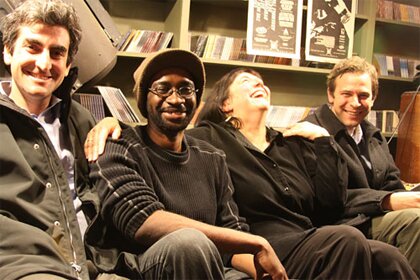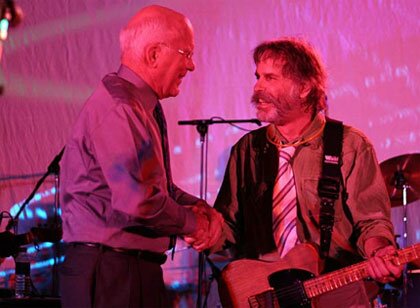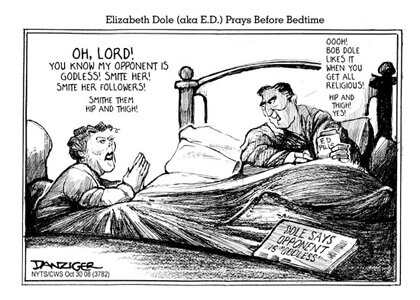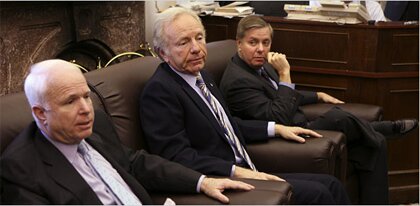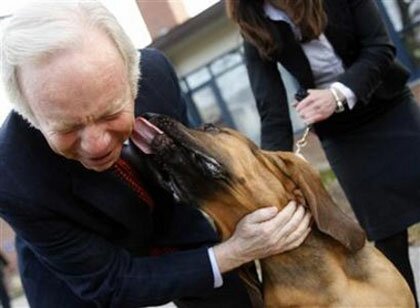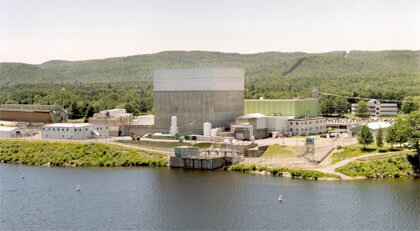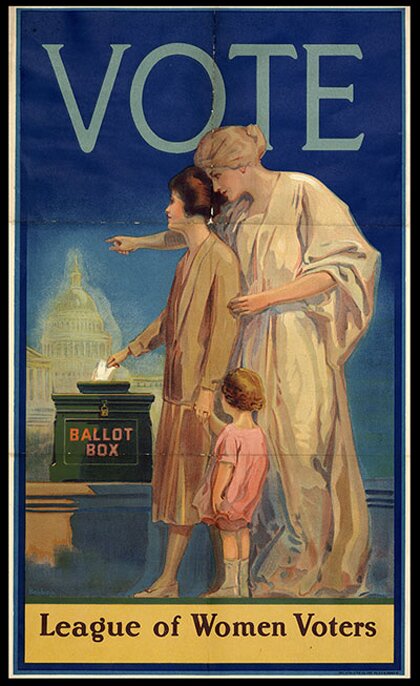Announcer: The end of Election 2008 hit everyone a little bit differently. For various reasons, it took Commentator Philip Baruth back to a moment when he was twelve years old, running his first sled-dog race. Here’s Philip.

Notes from the New Vermont
Commentary #222: A Tale of Two Races
When I was a kid, my family raised Siberian huskies, and we raced them with a local organization, the Mohawk Valley Sled Dog Club. I started my own short racing career as a basket boy, riding in the basket of my mother’s sled on training days — I was there to keep her company, to turn the dogs at the halfway point, and to untangle them if they were suddenly at one another’s throats.
But by the time I turned twelve, I’d managed to convince my mother that it was time I had a team of my own. Just a five-dog team, nothing elaborate. And my gang were the misfits, the dogs too slow or too old to make my parents’ teams.
But they were mine, and I trained with them all through the fall using a big metal rig with wheels to run them up and down our little country road. Come winter, the night before my first race, I was out of my mind with excitement.
And I asked my mother what seemed like only a logical question: how many trophies do they hand out for each race? Three? Or four?
My mother gave me a look, and she sat me down in the living room and gave me a little straight talk.
She said that I had to face the facts: it was my first race, and I’d be up against tough competition; that almost everyone running would be older, and bigger, and more experienced. Just finishing a ten-mile run would be an achievement for a twelve-year-old kid.
It was fine advice, and I took it like any twelve-year-old boy: I went into a snit, and refused to speak more than a syllable at a time all the way to the race venue the next morning. My mother helped me harness my dogs, but as I remember I was still too indignant to say thank you.
But as I took off, everything leading up to the race faded away, and when the dogs finally slowed from the initial burst of the take-off, I got off the runners and began to run behind the sled as fast as I could.
Now, typically, a sled dog racer runs behind the sled when the dogs bog down, and rides the runners when the speed picks up again. In between, drivers pump the sled like a scooter.
But as far as I can remember I didn’t pump at all that day, and I only rode the runners on downhill slopes when I had no choice. Otherwise I ran full-tilt, as hard as I could in my boots, for most of that ten miles.
Eventually I ran past another team, and then another.
And before I knew it, I rounded a corner and came into sight of Heartbreak Hill, the long upward climb to the finish. I can’t say I ran the last hill, but I slogged it behind the sled, with the dogs dragging me up to the finish line.
And then I did the singlemost publicly embarrassing thing I’ve ever done in my entire life: I crossed the finish line, handed my team off to a total stranger, collapsed to my knees and — that’s right — vomited in a snowbank.
My mother finally helped me back to the cab of our truck, before unharnessing my dogs, and then harnessing her own. Because it was time for her own race, but she made sure I was all right first, and then left me there in the cab.
It was about 20 minutes later that someone rapped on the window. It was a race official, come to tell me that I’d won my class by just 28 seconds. “And I just wanted to be the first to shake your paw,” the official said.
And then he left, and I sat there in the cold cab of the truck, feeling this very particular mix of deep exhaustion and elation and vindication.
It was a peculiar feeling I was never to feel again, until Election Night last week, when a campaign longer and tougher than any in recent history finally came to a close.
Because even though I watched the final moments of this race in a hotel ballroom surrounded by hundreds of cheering people, I felt somehow like I was twelve again, back in the cab of our old dog truck, parked out in the middle of a frozen field somewhere, fingers numb, but with the sudden sense that the rest of my life was just beginning.
[This piece aired first on Vermont Public Radio. Audio of the commentary is available here.]
